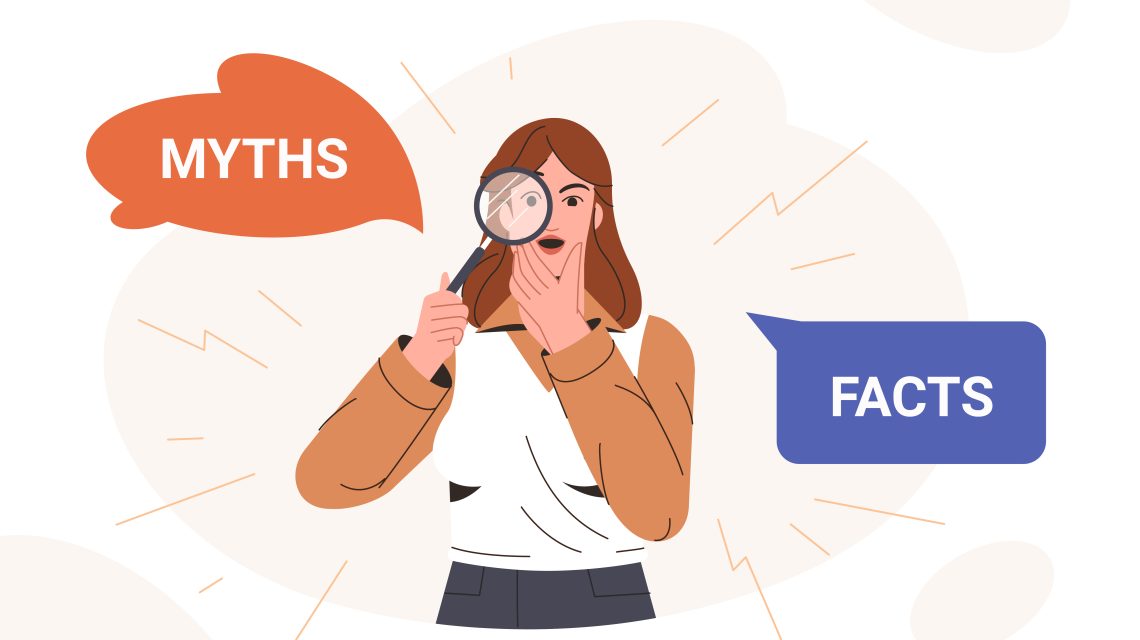As an industry leader in plastic recycling, we at C-Square Polymer have encountered numerous misconceptions about post-industrial plastic recycling. Unlike post-consumer recycling, which deals with plastics discarded by consumers, post-industrial recycling focuses on recovering and reusing plastic waste generated during manufacturing processes. With years of expertise in transforming industrial plastic scrap into high-quality reusable materials, we aim to clarify some of the most common myths about post-industrial plastic recycling.
Myth 1: Post-Industrial Plastic Recycling Is the Same as Post-Consumer Recycling
Many people assume that all plastic recycling is the same, but the reality is quite different. Post-industrial recycling involves clean, uncontaminated plastic waste from manufacturing processes, such as excess material from molding, trimmings, and off-cuts. In contrast, post-consumer recycling deals with plastics that have been used and discarded by consumers, requiring extensive sorting, cleaning, and processing. At C-Square Polymer, we specialize in post-industrial recycling, ensuring that valuable materials are reprocessed efficiently and reintegrated into the production cycle, reducing the demand for virgin plastic.
Myth 2: Post-Industrial Plastic Waste Is Insignificant
A common misconception is that post-industrial plastic waste is minimal compared to post-consumer waste. While consumer waste is more visible in landfills and oceans, the volume of plastic scrap generated by industries is substantial. At C-Square Polymer, we recycle more than 1,800 tons of HDPE and PVC pipes annually, preventing thousands of pounds of high-quality plastic from going to waste. Our efforts contribute to a circular economy by transforming discarded materials into reusable raw materials for manufacturers.
Myth 3: Post-Industrial Plastic Recycling Is Not Environmentally Impactful
Some argue that post-industrial recycling does not significantly impact sustainability efforts since it primarily involves clean plastics. However, the environmental benefits are profound. Recycling post-industrial plastics reduces the demand for virgin plastic production, lowering energy consumption, greenhouse gas emissions, and fossil fuel extraction. At C-Square Polymer, our recycling processes prevent an estimated 3,750 to 5,000 tons of CO₂e emissions annually, reinforcing our commitment to a greener planet.
Myth 4: Post-Industrial Plastics Are Always Recycled
While post-industrial plastics are easier to recycle than post-consumer plastics, they are not always recycled. Some manufacturers still dispose of their plastic waste due to a lack of infrastructure, economic incentives, or awareness. Through our advanced recycling capabilities and strong industry partnerships, C-Square Polymer provides manufacturers with a seamless, cost-effective way to manage and repurpose their plastic waste.
Myth 5: All Post-Industrial Plastics Are of High Quality
While post-industrial plastics generally have a higher purity level than post-consumer plastics, their quality can vary. Factors such as polymer degradation, additives, and mixed material compositions can affect recyclability. At C-Square Polymer, we utilize rigorous sorting, processing, and quality control measures to ensure that the recycled materials meet the highest industry standards, making them suitable for various applications.
Myth 6: Post-Industrial Plastic Recycling Is Not Cost-Effective
Another widespread belief is that post-industrial plastic recycling is too expensive to be a viable solution. In reality, recycling post-industrial plastics can be cost-effective, especially compared to the expenses of virgin plastic production and landfill disposal. Many companies find that implementing recycling programs reduces waste management costs and creates revenue streams from selling recycled materials. C-Square Polymer helps businesses turn waste into valuable resources while maintaining cost efficiency.
Myth 7: The Market for Recycled Post-Industrial Plastics Is Limited
Some businesses hesitate to invest in post-industrial plastic recycling due to concerns about market demand. However, industries such as packaging, construction, automotive, and consumer goods increasingly seek sustainable materials. Many companies have adopted circular economy principles and are actively incorporating recycled plastics into their products. C-Square Polymer supplies high-quality recycled polyethylene and polypropylene materials to manufacturers looking for sustainable alternatives to virgin plastics.
Myth 8: Post-Industrial Plastic Recycling Is a Perfect Solution
While post-industrial plastic recycling is a valuable sustainability practice, it is not a flawless solution. Recycling alone cannot eliminate plastic waste issues; it must be complemented by waste reduction, material innovation, and responsible manufacturing. At C-Square Polymer, we advocate for a holistic approach that includes designing for recyclability, reducing plastic use, and improving waste management infrastructure.
Conclusion
Post-industrial plastic recycling plays a crucial role in reducing waste, conserving resources, and promoting a circular economy. However, myths and misconceptions often hinder its full potential. As experts in the field, C-Square Polymer is committed to providing sustainable, high-quality recycled plastics that benefit both the environment and the economy. By debunking these myths and implementing smarter recycling strategies, we can create a more efficient and effective recycling ecosystem for industries worldwide.
Feature image by redgreystock on Freepik


